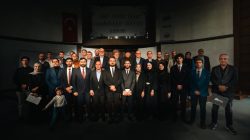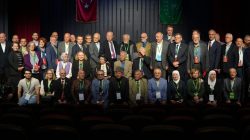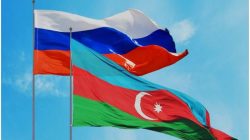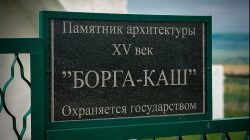
Makhackala/Agency
Caucasus
– President of Dagestan Mukhu Aliyev stood firm in his objection against availability of religious education on the grounds that it would cause trouble in a republic where different people from different religions live.
Aliyev, however, expressed his personal favor for the availability of formal education in the history of religions. "I don’t think that it is necessary to supply religious education in schools," Aliyev told Eko Moscow. "Instead, basic, formal information about world religions could be made available to students."
Unable to make sense of support by politicians and religious authorities for availability of religious education in schools, Aliyev was concerned about constitutional limitations: "We don’t have appropriate constitutional regulations to make religious education available in schools. It seems utterly impossible to have religious education in schools, no matter what the senior religious officials of say. Which religion can be taught in a multi-national republic?I’m absolutely sure that this is impossible to do. It is a different case, however, with the history of religions. Formal information about religions is also available to learn in such institutions as special schools and institutes of religion. Genuine religious education in schools is, however, not possible to do. Religious authorities may have conferences in schools in an effort to improve moral education. But schools are not a place for direct religious education."
Christian teachings have been available for students to study for the past few years now in some pilot areas of . While the Orthodox Church is increasing its pressure on the government to make Christianity available in as a subject of nationwide study, the Muslims in




